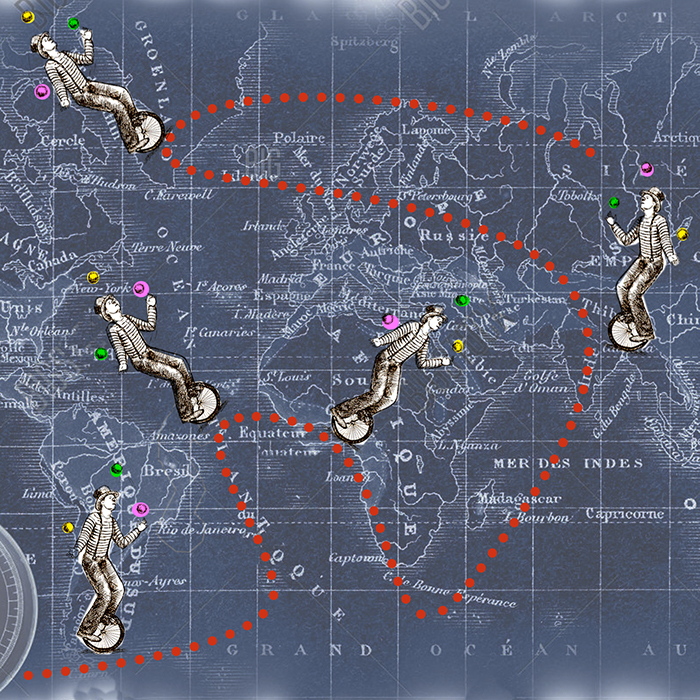Children who have undergone early traumatic experiences may display distressing behaviour in the classroom. A child who has learnt not to trust adults may develop adaptive reactions that are passive, fearful, anxious, or aggressive.

The needs of children who suffer ACEs may be challenging. It can be difficult for teachers to bear a child’s pain and suffering daily.
What can teachers do to care for themselves and prevent stress or burnout?

The BRIGHTER FUTURE project has been funded with support from the European Commission. This publication reflects the views only of the authors, and the Commission cannot be held responsible for any use which may be made of the information contained therein.
